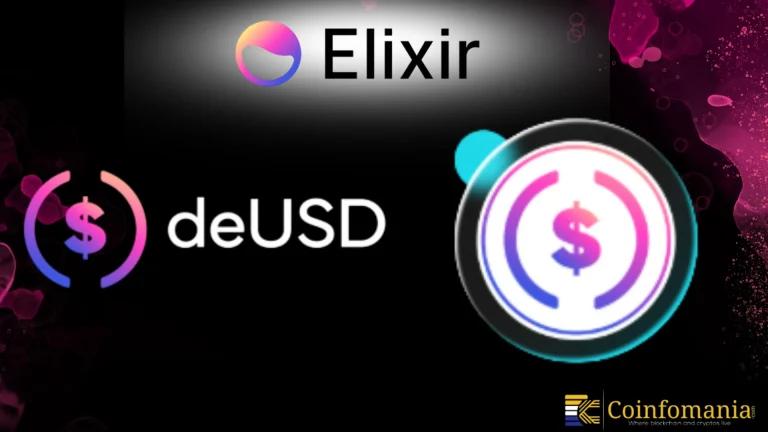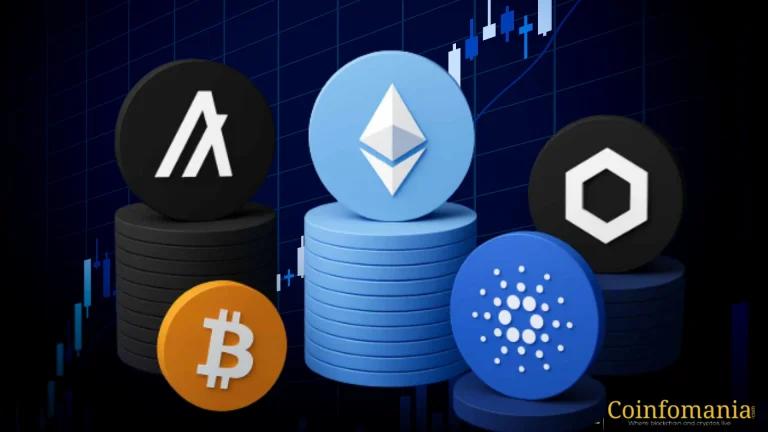Japan Stablecoin Pilot Expands as Major Banks Test Digital Yen
Japan stablecoin pilot begins with top banks testing digital tokens to modernize payments and strengthen Japan’s financial system.

Quick Take
Summary is AI generated, newsroom reviewed.
Japan’s top banks launch a joint stablecoin test for digital payments.
The pilot aims to reduce transaction costs and speed up settlements.
Regulators support the move to modernize Japan’s financial system.
Success could lead to wider adoption across businesses and consumers.
Japan is taking a big step in financial innovation, as Coin Bureau reports. The nation’s top banks, Mitsubishi UFJ Financial Group (MUFG), Sumitomo Mitsui Banking Corporation (SMBC), and Mizuho Financial Group, are launching a pilot to issue stablecoins. The Financial Services Agency (FSA) fully supports the project.
🚨JAPAN TO LAUNCH A STABLECOIN!
— Coin Bureau (@coinbureau) November 7, 2025
🇯🇵Japan’s Financial Services Agency backs a pilot with the nation’s top banks, Mizuho, MUFG, and SMBC, to test bank-issued stablecoins. pic.twitter.com/dd24neJLup
By backing the initiative, Japan wants to keep up with global financial technology. The banks aim to make payments faster, cheaper and more efficient for both businesses and consumers.
Understanding Stablecoins
A stablecoin is a type of digital currency that ties its value to a real asset, such as the Japanese yen. Unlike cryptocurrencies like Bitcoin or Ethereum, stablecoins avoid big price swings. This stability allows companies to use them for daily transactions or cross-border payments.
The banks plan to issue tokens backed by yen initially. They may also create dollar-backed tokens to facilitate international trade. By doing so, they hope to streamline payments and reduce fees for businesses.
How the Pilot Will Work
The three banks will create a shared platform to issue and circulate the stablecoins. They will test the system in real-world transactions and measure performance in terms of speed, cost and transparency.
Meanwhile, the FSA will supervise the project to ensure safety and regulatory compliance. The regulator will check that the stablecoins are fully backed, safe and meet banking standards. This supervision will allow the banks to scale the project with confidence.
Why Japan Is Doing This
Stablecoins could benefit Japan in multiple ways. First, they can make payments quicker and less expensive. Second, they help businesses access domestic and international transactions more easily. Third, they strengthen Japan’s position in the competitive world of financial technology.
By issuing these tokens themselves, Japanese banks maintain control rather than relying on foreign platforms. This Japan stablecoin pilot approach boosts trust and security in the national financial system.
What Could Slow It Down
Despite the promise, the banks still face challenges. They must ensure transparency and maintain full backing for the tokens. They also need businesses to adopt the stablecoins for transactions. If companies hesitate, the project might not achieve its full potential. Additionally, changing global regulations could affect the system.
What This Means for Japan
Japan’s stablecoin pilot marks a huge step toward modernizing payments. If the pilot succeeds, it could make transactions faster, cheaper and safer for both companies and consumers. For the banks and regulators, the project shows Japan’s commitment to financial innovation.
The initiative remains in testing, but it may set an example for how banks can safely issue stablecoins while supporting growth in the digital economy.
Follow us on Google News
Get the latest crypto insights and updates.


